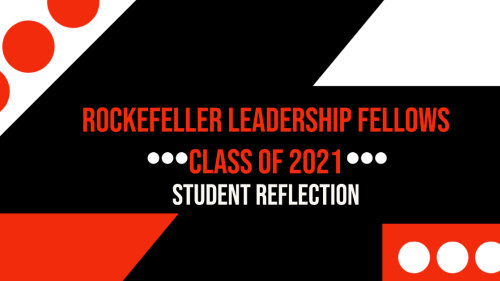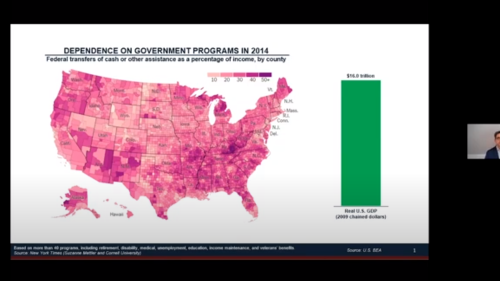RLF Reflection: Empowering Your Team
On April 9th, Megan Cornell gave a presentation on using empowerment to maximize group potential. Megan explains that oftentimes, expectations shape performance and using empowerment as a tool can drastically improve outcomes both on an individual and team level. She believes that as a leader, it is important to build trust and be present as a leader so that you can effectively empower your team and produce the best outcomes for everyone involved.
[more]

